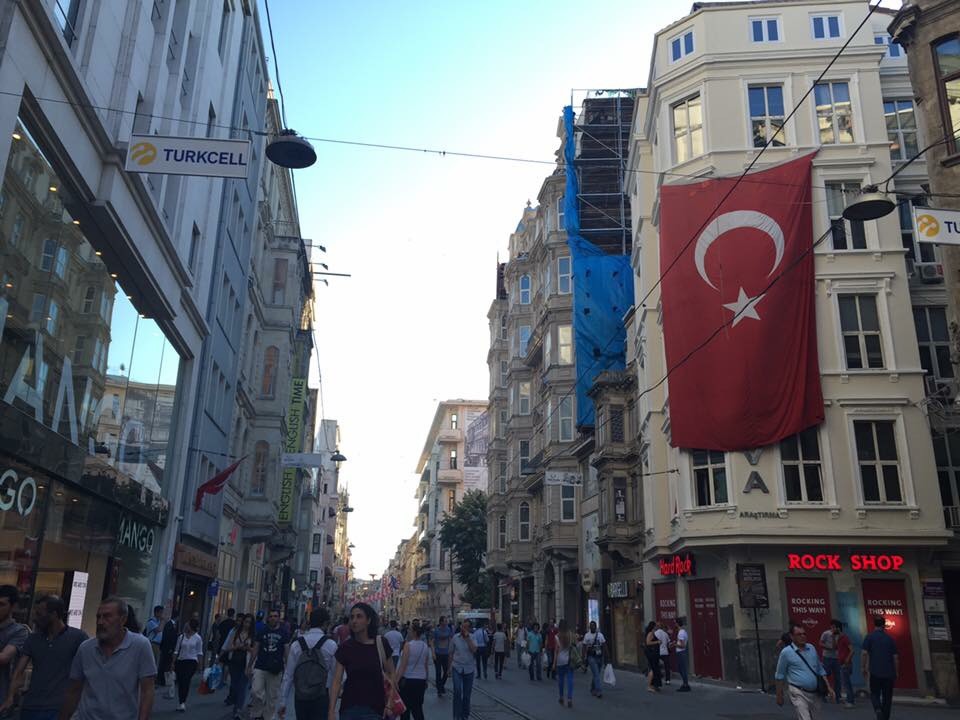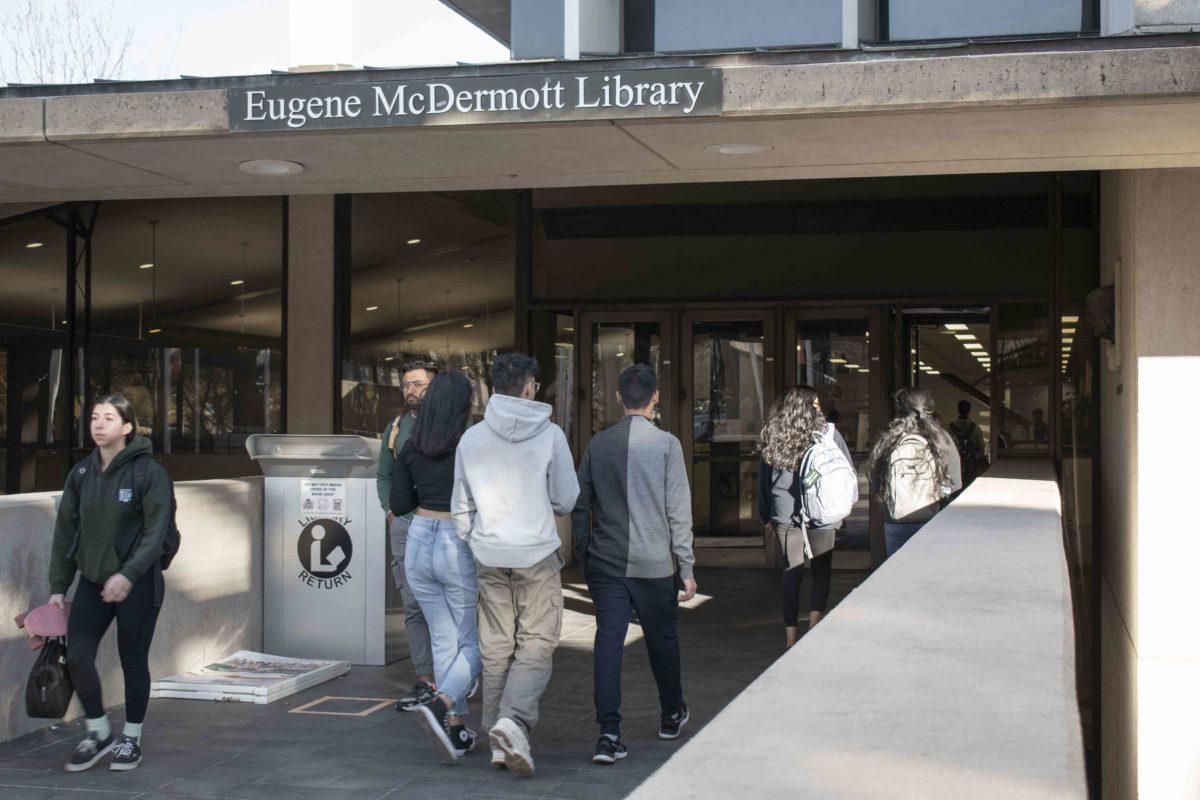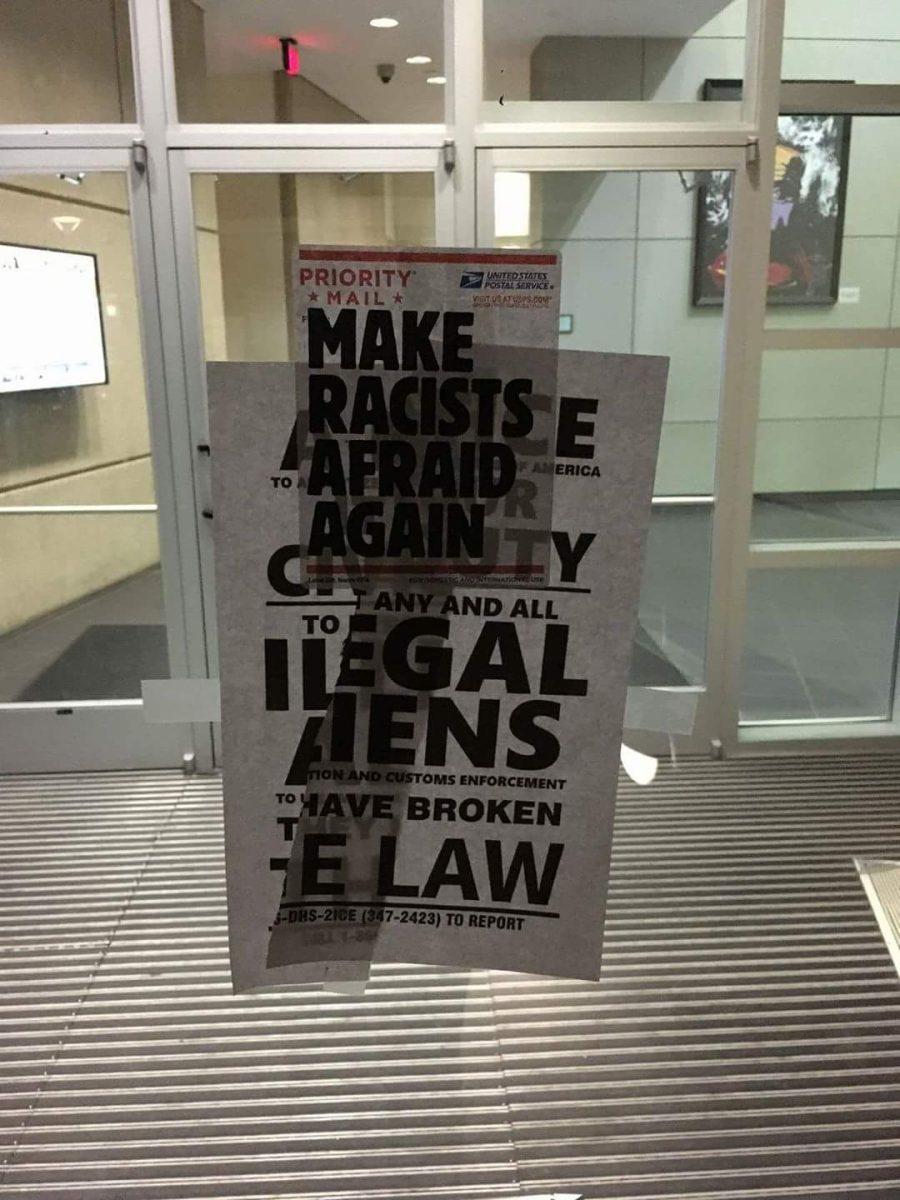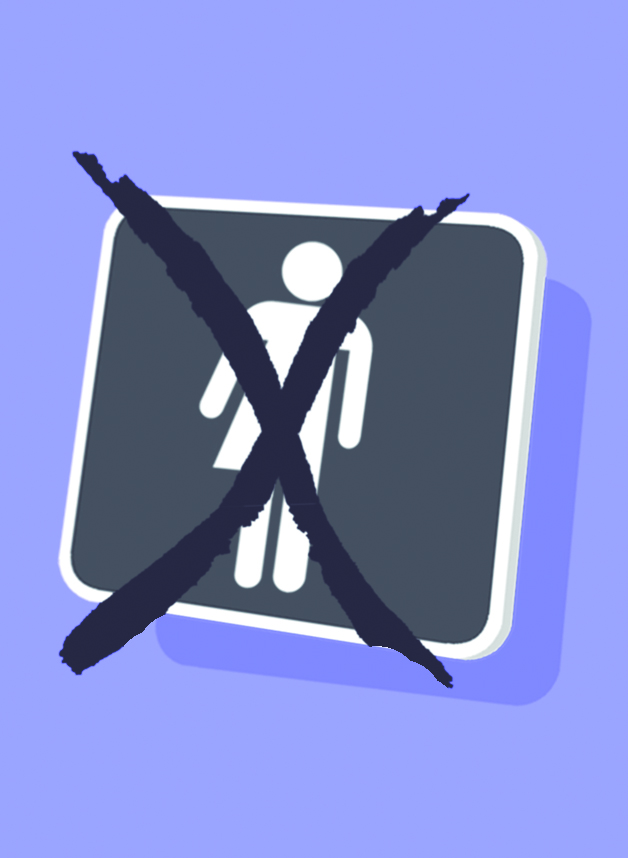Incoming freshman Sarah Whipple was scheduled to board a flight to Istanbul last Tuesday evening when her phone began to buzz with messages from friends and relatives.
That night, terrorists bombed the departures and arrivals halls of Ataturk Airport in Istanbul, killing more than 40 people and shuttering airport operations.
“I didn’t really know what was going on and I didn’t know what happened,” she said. “Everyone was asking, ‘Oh my god, Sarah, are you alive?’”
The airport restored operations quickly and Whipple was able to catch another flight, landing in Istanbul just hours after the attack. Upon arrival, Whipple said the atmosphere in the airport was eerily calm.
“Everyone was trying to move on,” she said. “It was so obvious what had happened — shattered glass, missing ceilings — but everyone was going about their business as usual.”
The attack had a profound impact on the city, too. In her interactions with locals, Whipple said she noticed a pervading sense of pessimism amongst the residents of Istanbul.
“A lot of people I’ve talked to are very dismal about the future of Istanbul and Turkey,” she said. “(They’ve) said that they’re not worried about their lives, but about the fact that (terrorists) are trying to ruin the tourism industry and the Turkish economy.”
Tourism in Turkey has fallen by 28 percent in the last year, according to a recent Bloomberg report. Since last June, the nation has suffered a string of terrorist attacks, many of which occurred in busy tourist areas in major cities such as Istanbul, Ankara and Gaziantep.
Until recently, countries such as Russia imposed a travel ban to Turkey. The United States, however, has issued advisories discouraging non-essential travel to Turkey. For Whipple, the effects of these mandates were evident.
“A lot of the cafes and a lot of the famous tourist sites are just empty,” she said. “People are going to start losing their jobs.”
In response to the attack, security measures have been tightened at Ataturk and other Turkish airports. Whipple said passengers entering the terminal drop-off area are required to undergo a screening and pat-down by airport officials before being allowed to enter the check-in hall.
Despite the tragedy, Whipple said she noticed life in Istanbul went back to normal fairly quickly.
“It’s not the first time this has happened to Istanbul,” she said. “It sounds horrible to say, but it’s almost like everyone’s gotten used to it. They’ve just had to accept that Istanbul has to continue.”












